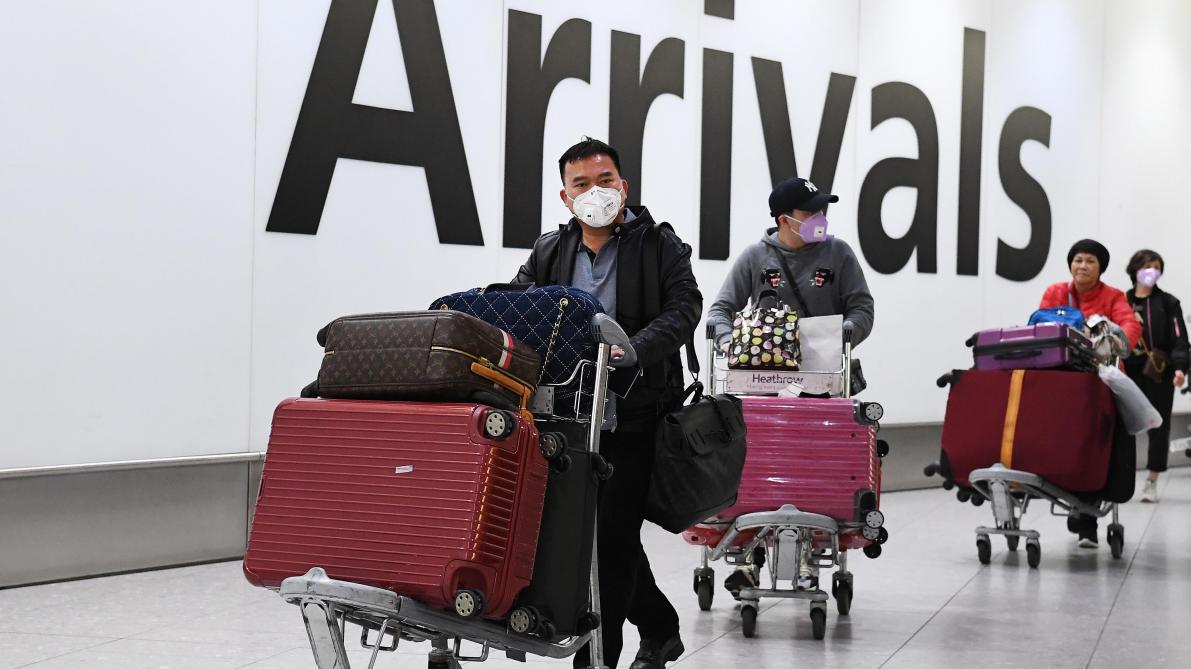By Nikolas Ioannou
The Coronavirus, also known as COVID-19, originated in China at the end of 2019 and it has been identified as the cause of an outbreak of a respiratory illness, which within a short period has spread around the globe causing disastrous effects.
More than 116,000 people have been infected and over 4,000 recorded deaths have been directly tied to the virus.
The fear of a pandemic is now very much a reality.
The effects on the global economy and consequently on the real estate market are more evident than ever.
The impact has taken dramatic effects on international stock markets and key industries with the hotel and tourism industry being the most vulnerable.
It has been characterized as the biggest challenge that the world economy is facing since the global economic crisis of 2008.
Projections state that the estimated global growth rate is expected to decrease to levels close to 2% and even lower, now the outbreak turned into a global pandemic.
For instance, according to official figures, steel production in China is down by 90%, while automotive sales in Asia are down by 95%!
These are alarming figures which are expected to have dramatic chain reactions to related industries.
Even more vulnerable is the travel industry including anything from hotels, airlines, car rental companies etc.
In regard to the real estate market, the negative impact is incorporated into crucial factors such as the uncertainty of investors which translates to minimized real estate transactions. When a recession is on the horizon, investors generally tend to be more sceptical and less willing to jump into agreements.
This will result in a significant slowdown of the market.
On the bright side, the lowered interest rates favour the real estate market as it makes financing more affordable.
Cyprus is expected to be significantly affected, now that it has officially recorded coronavirus cases.
The real estate market in Cyprus is mainly supported by foreign investment and demand, a decent percentage of which comes from the Chinese market.
This will cause even more devastating effects on the ‘Cyprus Naturalization Plan’ which since the implementation of stricter criteria in May 2019, it has been on a continuous downtrend. Add to that the massive volume of new supply that has either just entered or is expected to enter the local market in the coming months as well as the thousands of properties that the banks have been repossessed and need to dispose of.
Let’s not exclude the thousands of properties that are allocated to the short-term rental market, such as Airbnb, a market which is expected to suffer from a significant number of cancellations if the outbreak continues.
All these factors, combined with the fact that the Cyprus economy is strongly supported by tourism, an industry which is expected to suffer the biggest losses, constitute strong ingredients for a new recession, which is now more possible than ever, despite the fact that we are at this point at ‘uncharted territories’ regarding the virus.
The writer is from Property Studies & Valuations Dept at Danos, an alliance member of BNP Paribas Real Estate










